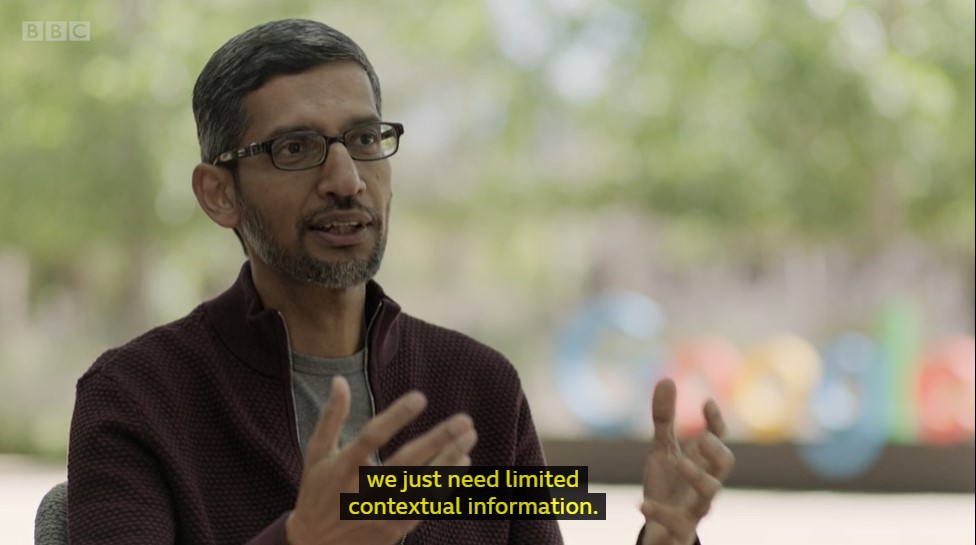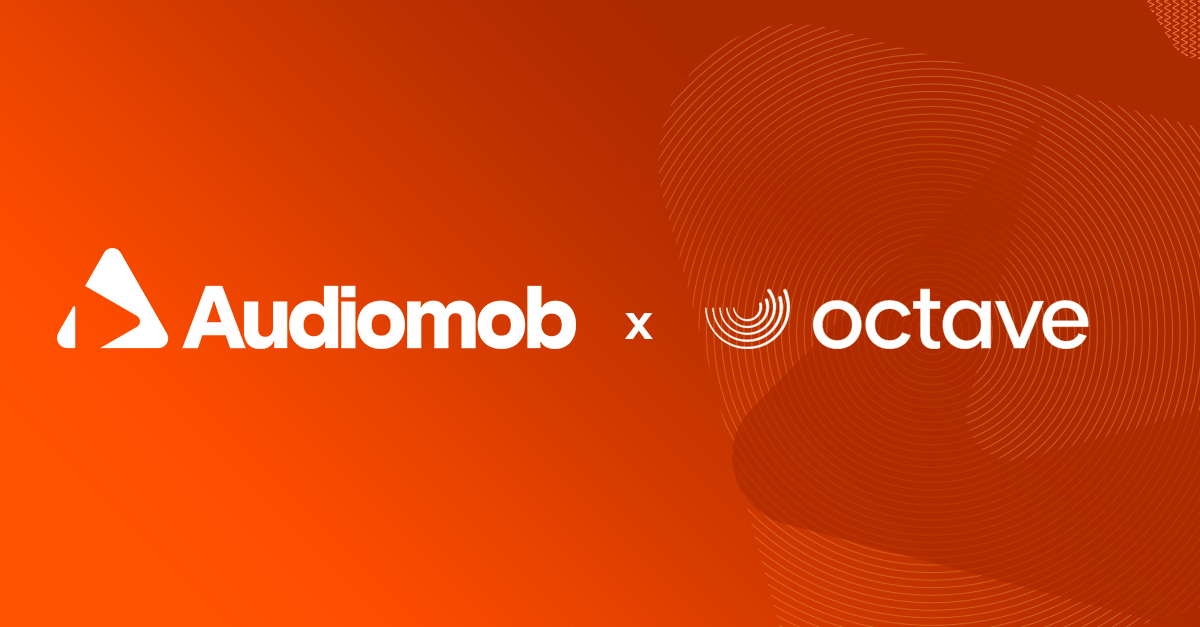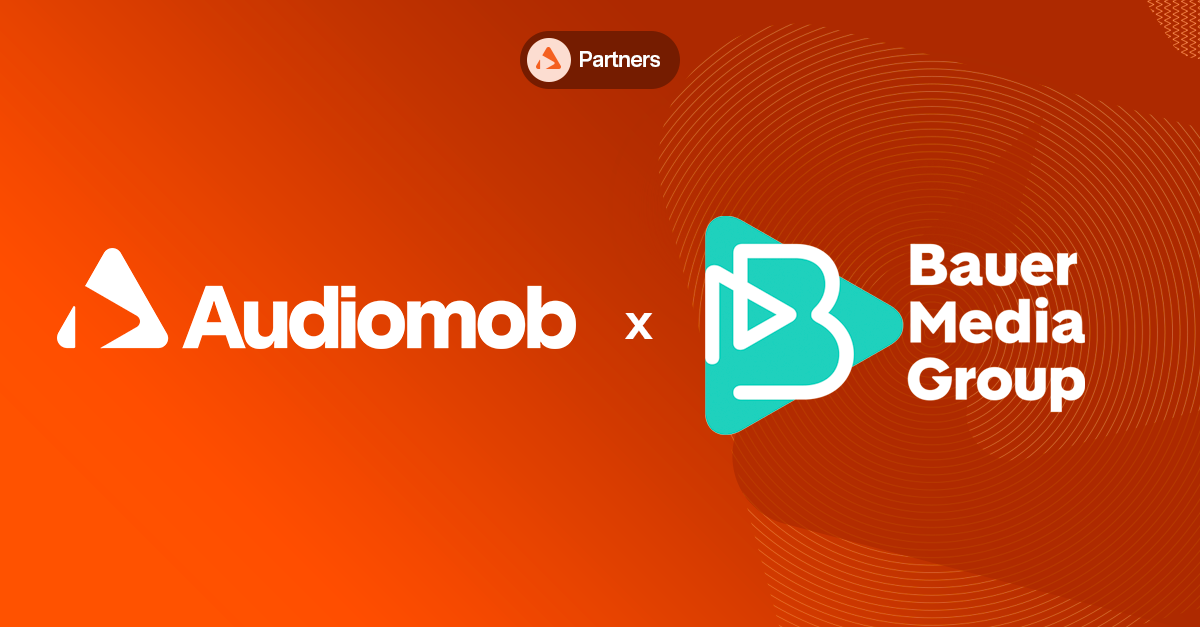What Google thinks about privacy matters to almost anyone who works in technology. So when the BBC’s recent interview with Alphabet and Google CEO Sundar Pichai aired, AudioMob was poised to tune in. And we’re glad we did, because the discussion stood out for a number of reasons.
We got to see that Pichai’s love of cricket does translate in the ability to deliver a decent ball - and return one. We learned a little about his youthful interest in emerging technology, his taste in literature (he prefers Dickens to Shakespeare), and the fact that he finds TV crew clapper boards charmingly primitive as an existing technology.
Furthermore, the interview - presented with the assertion that there was no process of approving questions in advance - provided a chance to see how one of the globe’s most important tech leaders responded as questions pivoted from the playful to the relatively hard hitting.
Privacy: A Prime Time Issue
There were two points in particular that really stood out to us at AudioMob, however - the first of which could have been passed over as insignificant.
Discussion around how ads are delivered to users has become part of the mainstream conversation - a national interest that matters to the layperson. That was evident in the timing of the broadcast, which aired on the terrestrial channel BBC2 right in the middle of prime viewing hours. This was a discussion broadcast to the masses, rather than being tucked away in a technology show or presented on stage at an industry conference. It was about other ways technological advancement is shifting our lives - but along with AI and quantum computing, privacy was front and centre.
Rightly, privacy issues aren’t just the subject of backroom discussions at tech company headquarters - they have become part of the national and global conversation. It’s easy to understand why. If your life exists free from industry debates around tracking and IDFA and GDPR and the like, it can feel entirely intimidating - even if the general population all have a sense that privacy and technology in combination matters to our day-to-day lives.
And does privacy matter to Pichai?
“It’s foundational to everything we do,” he tells the BBC’s media editor Amol Rajan, who conducted the interview. “It’s an important human right. I’m glad as a society we are regulating and thinking about comprehensive privacy rights in the context of the digital age and digital economy we live in.”
Furthermore, Pichai sees Google as “stewards of people’s data,”, and presents himself as somebody committed to the idea that some data use benefits us all - especially if it is contextually based rather than personally invasive. That starts with making online life just a little more productive. In the interview Pichai is open about Google have made mistakes around privacy in the past, but insists the firm has learned from them.
Stewards of Data
“For advertising, if you think about it, we just need limited contextual information,” he explains, alluding to the fact that highly targeted methods are becoming less relevant and appropriate. “If you come and type ‘digital cameras’ in Google, understanding you are looking for digital cameras, we are able to get you that right commercial information. We may need to know your location so that we can give you relevant information next to you, and that’s what users expect.”
That makes more than a lot of sense to AudioMob. Contextual is at the heart of what we do. We’ve built a user-centric, player-centric ad format that works for brands and game developers. And we do believe advertising has a purpose beyond giving brands presences and game makers revenues. Ads can be part of keeping a free internet where access to information and education is democratised - something we’ll be discussing here in the future. That appears to be something Pichai agrees with.
“We can invest in privacy preserving technologies; which still lets us give users the benefit they want, allows business models to exist on the internet - which keeps it free and open, which people value,” he offers.
Ultimately, with regard to privacy and advertising, Pichai calls for more innovation in the space, so that fair, reasonable data use and advertising can be part of empowering the internet’s capacity as an enabler of change.
At AudioMob we see that happening at the forefront of the adtech world - and we are confident that our platform is exactly the kind of technology that can help drive that change.
Advertising can be part of a more positive, fair and equitable future. We’re very confident of that.




